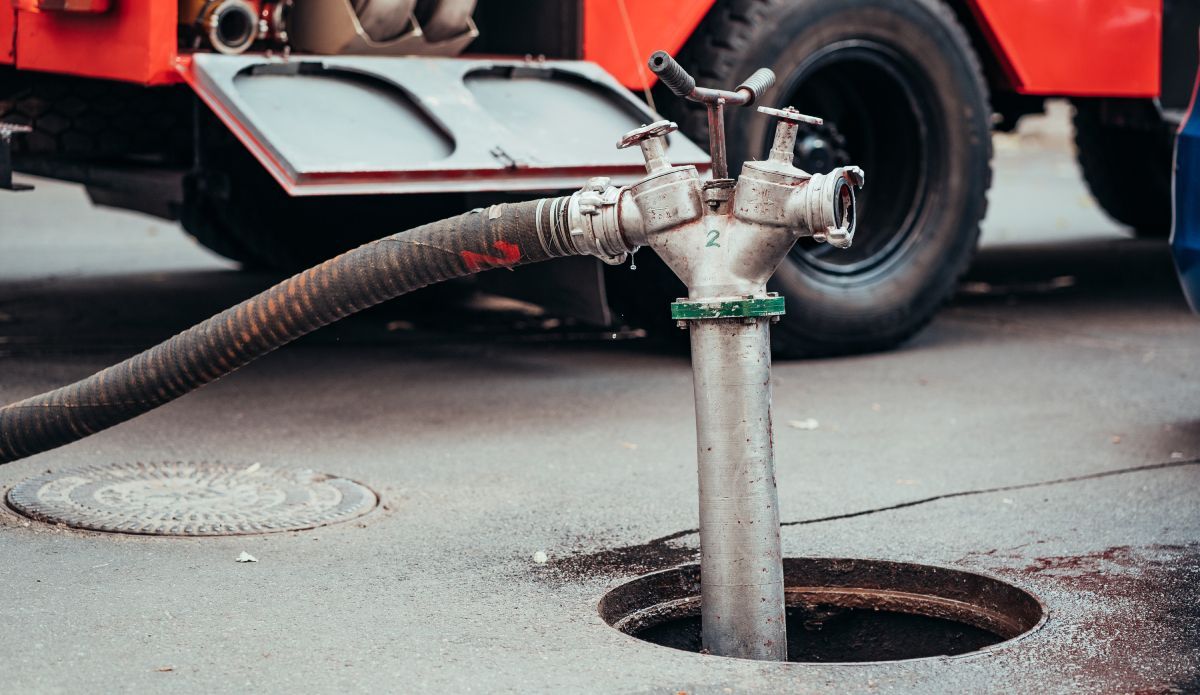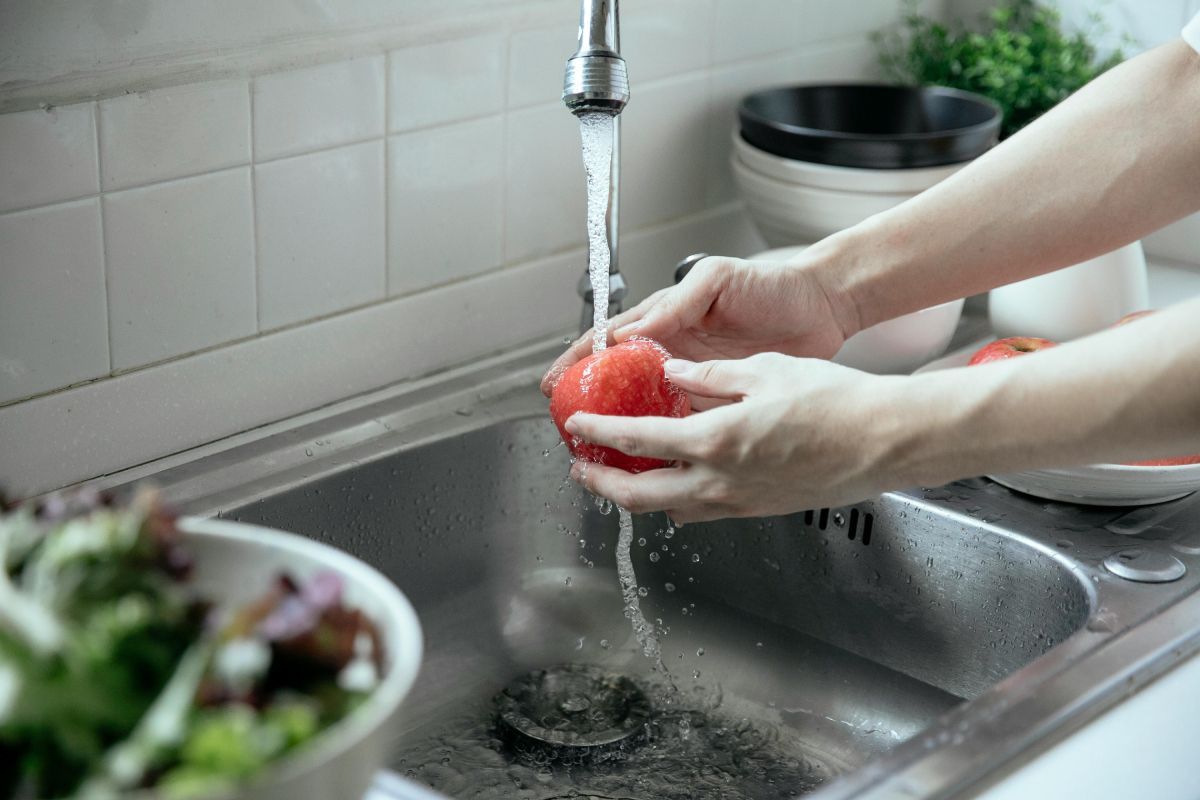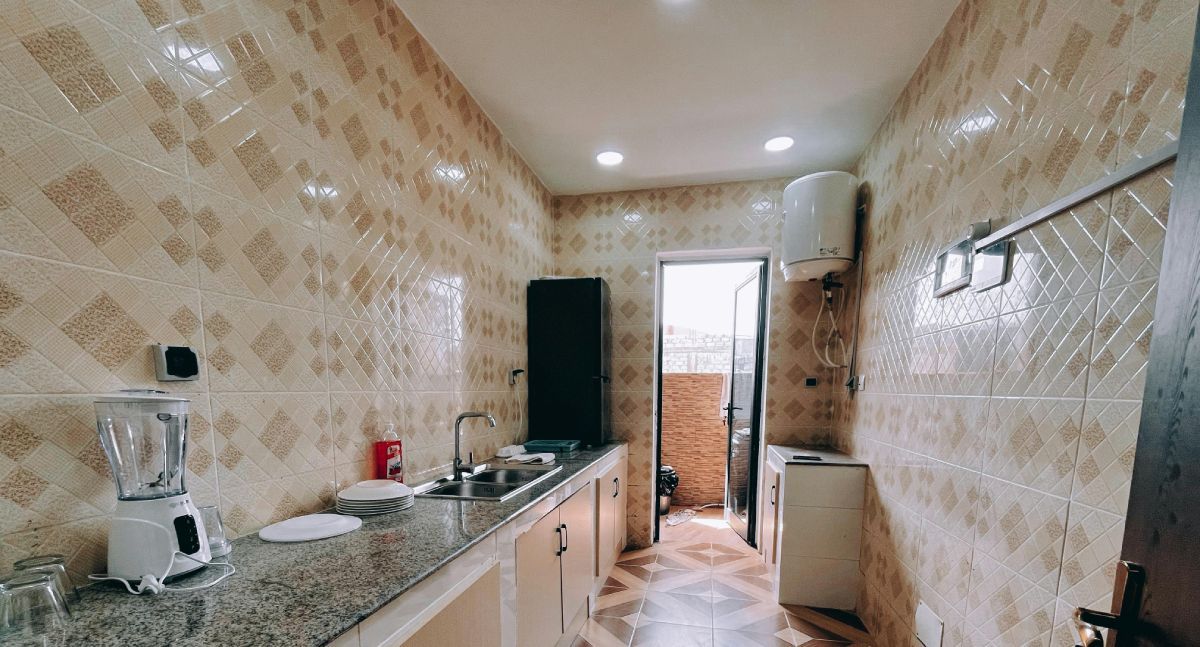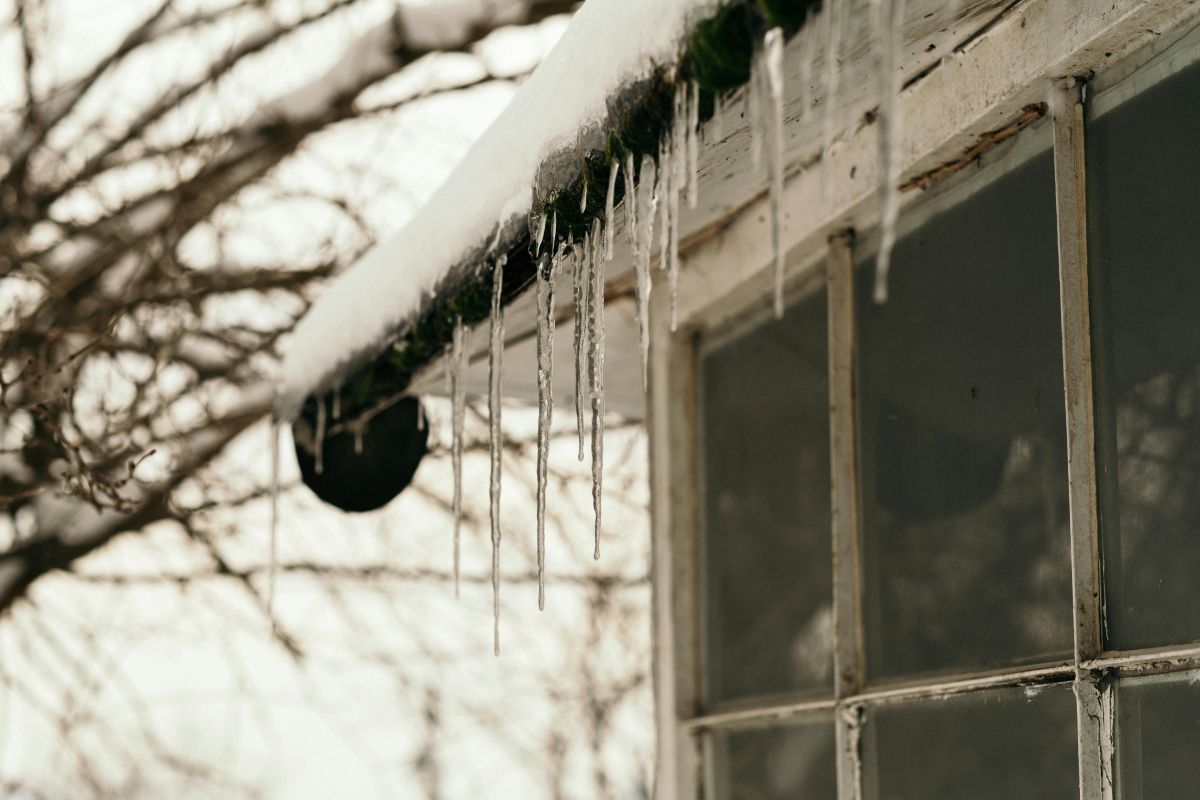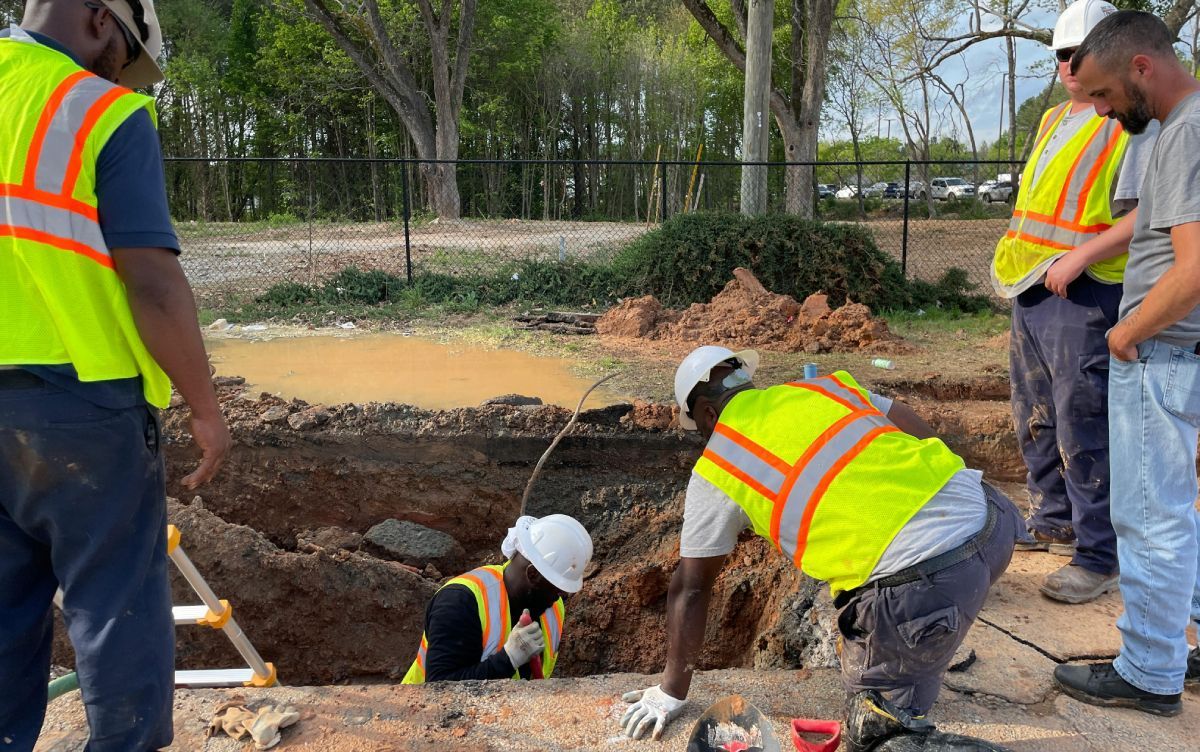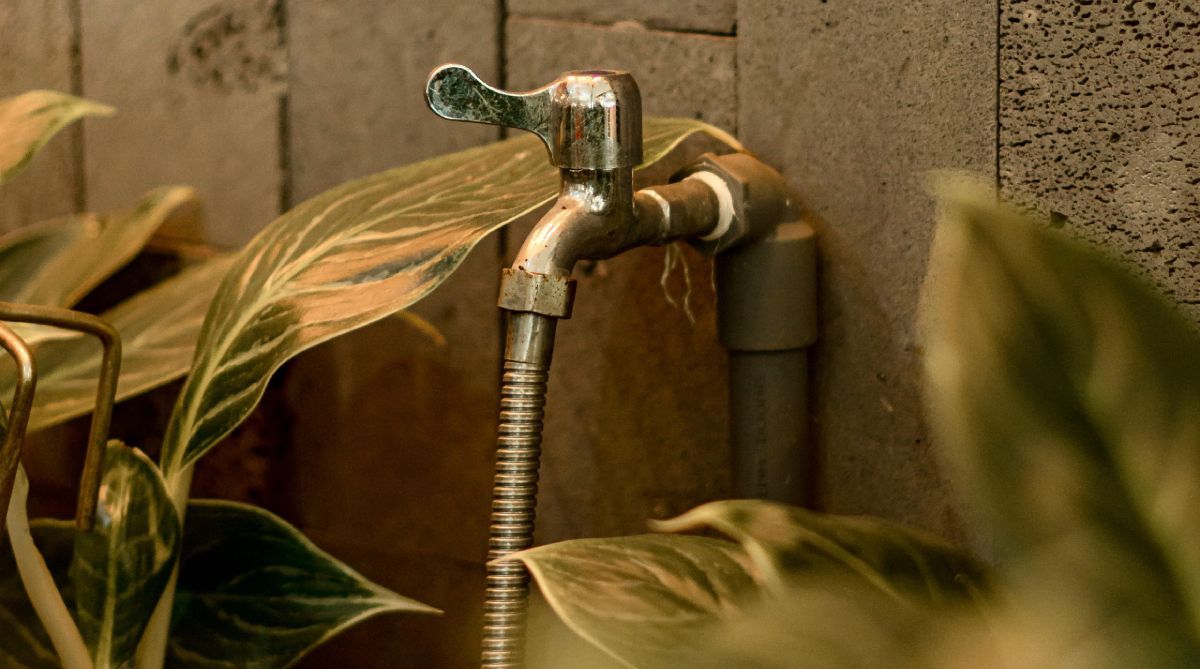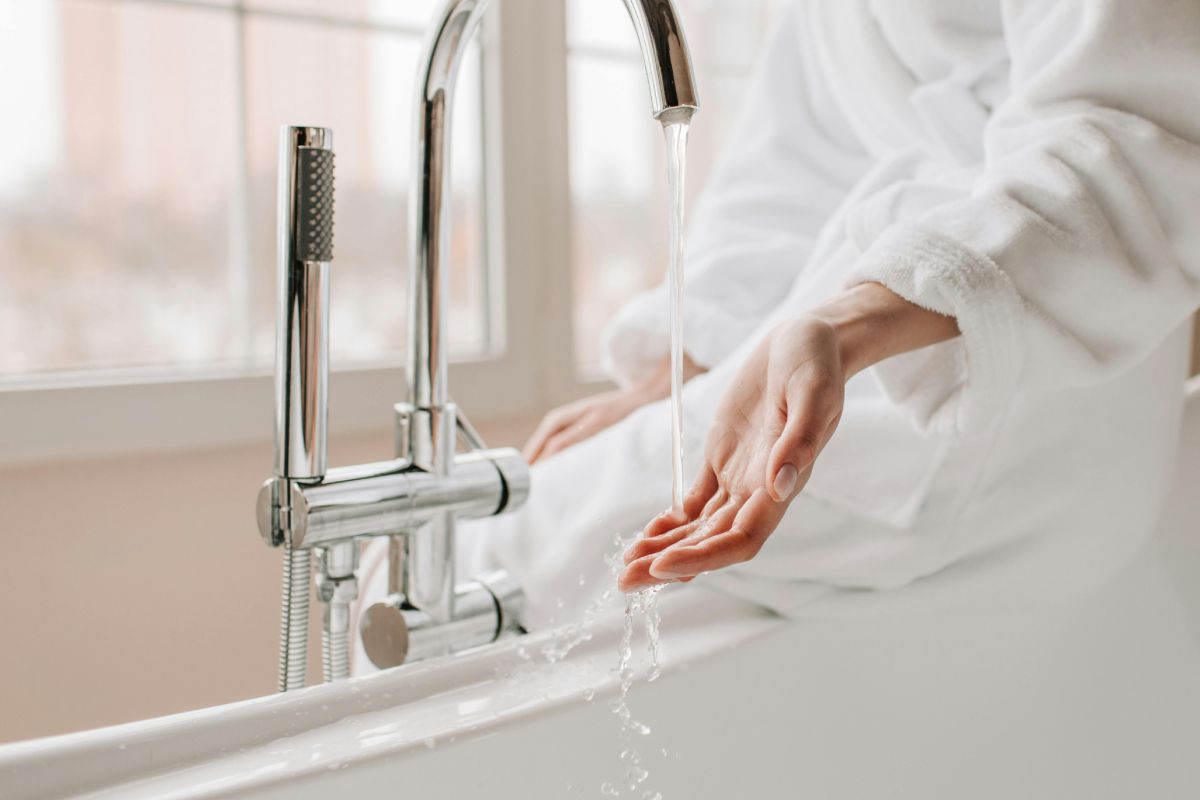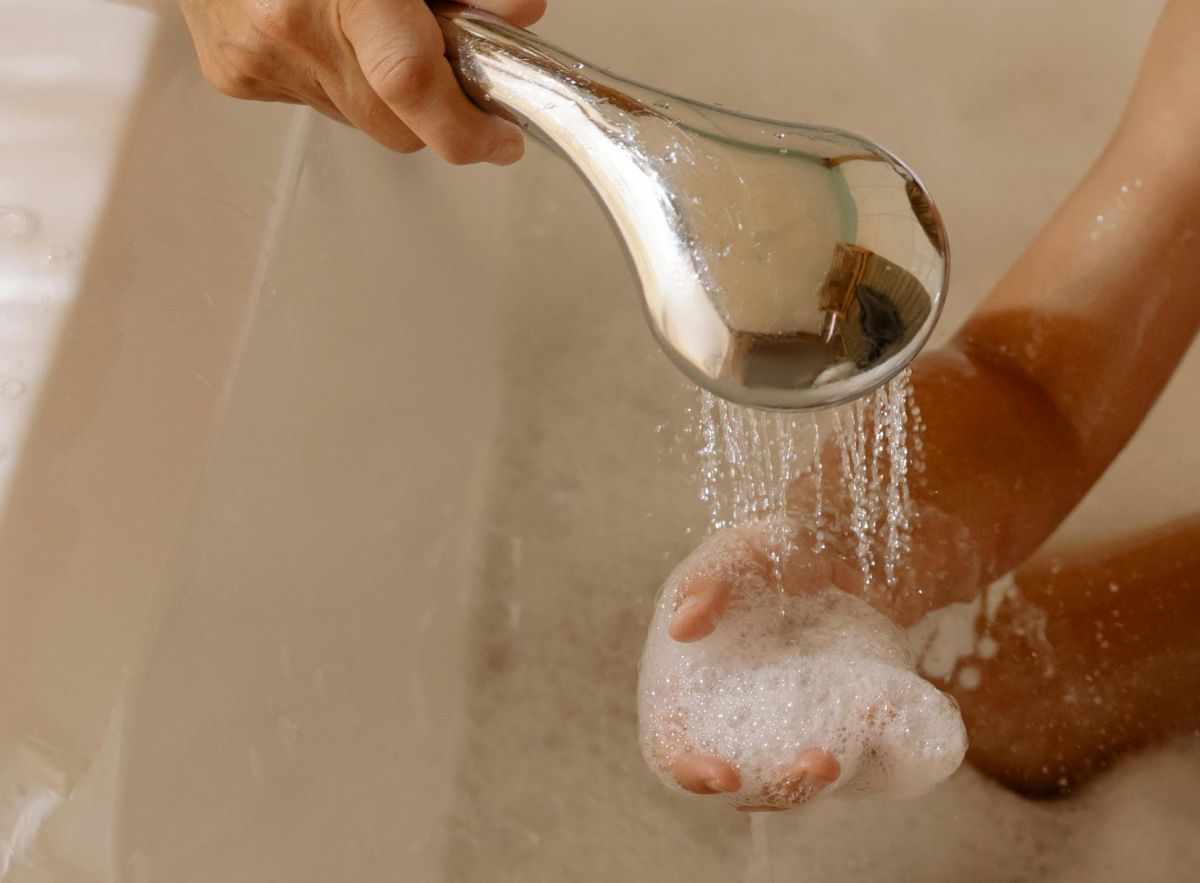Master Plumbers Blog
Gas Leak Checking: Methods Used to Check on Gas Leakages
It was a fine day soiled by the foul smell inside your kitchen, which greeted you when you stepped inside. You opened some windows to let it air out, but the foul odour persists; you put some thought into it and could identify the smell of a rotten egg. You searched through your cupboards and checked everything inside the refrigerator, but nothing was out of the ordinary.
There is an excellent explanation for the foul smell, which you should not ignore. Gas leaks are the unintentional leakage of gaseous products from their pipelines or containment to an area where they should not be present. Gas leaks can be hazardous; they carry explosive potential and other health risks.
Below we will be discussing some of the methods that you can utilise to check on gas leaks.
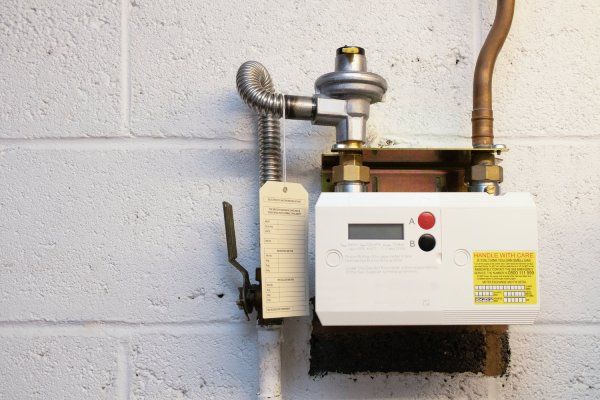
How to Check a Gas Leak
1. Rotten Egg or Sulfuric Smell
Gas is an odourless and colourless matter. So the hunt for possible sources of gas leaks is going to be a test of our senses.
Our olfactory nerve, the nerve that enables our sense of smell, can sense some things that our optic nerve, the nerve that enables our sense of sight, cannot. A sign that your gas pipeline is leaking is if you can smell sulphur or rotten eggs in your home.
Natural gas companies put an additive to make them smell foul. Rotten egg smell, or sulfuric smell, is the familiar odour they add for easy detection in your home.
Hence, the moment you step foot in any part of your home and smell this particular odour, it is best to investigate and find the source;
Main possible reason: there is a gas leak - unless you have technical experience and are confident you can fix 100%, you should call a plumber when this happens!
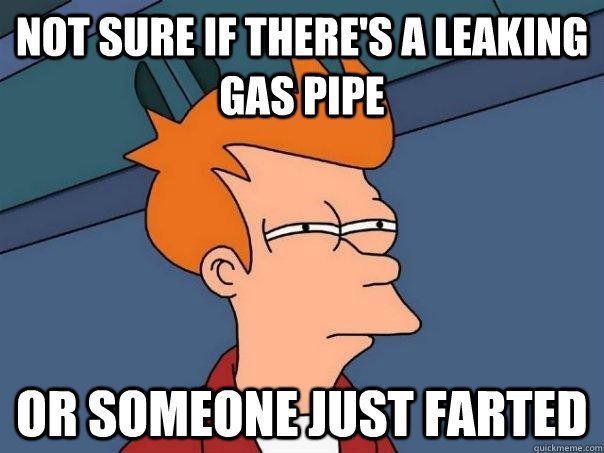
2. A hiss or whistling sound
This time we are putting our vestibulocochlear nerve to the test. It is the nerve that is responsible for our sense of hearing.
Take a minute to assess your surroundings, and focus on what you can hear. Trace your gas line and identify if it emits hissing or whistling noise. It is best to do it near the gas line to identify the primary source of the sound.
3. Check on your gas stove or gas range top.
The colour blue should be the colour of the flame the moment your turn on the burner on your stove. However, other colours of the flame, like orange or red, could indicate gas in the air.
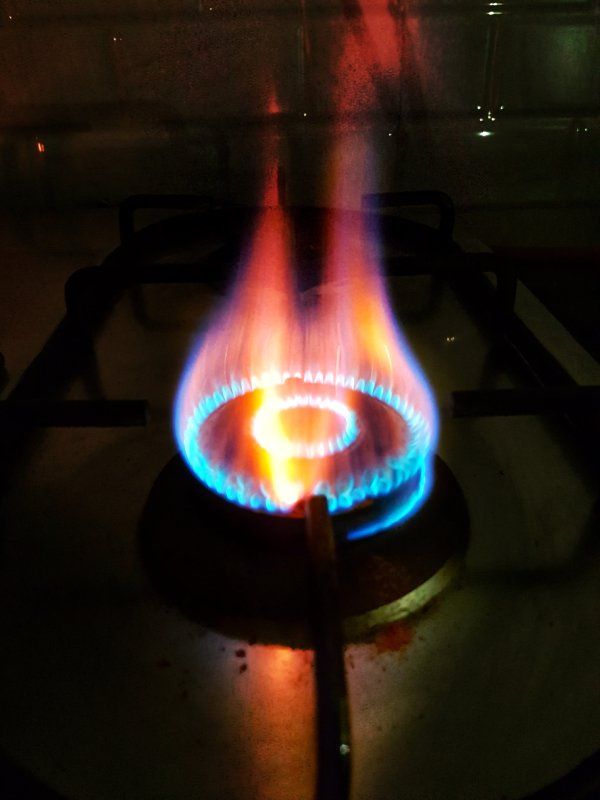
4. Soapy water test
A simple experiment you can do on your own: mix a concentrated solution of a teaspoon of dish detergent and a cup of water. The mixture can help detect a gas leak; put the solution inside if you have an unused or vacant spray bottle. Sorry, it is around the area you suspect is leaking, and look for any signs of bubble formation indicating that you leak.
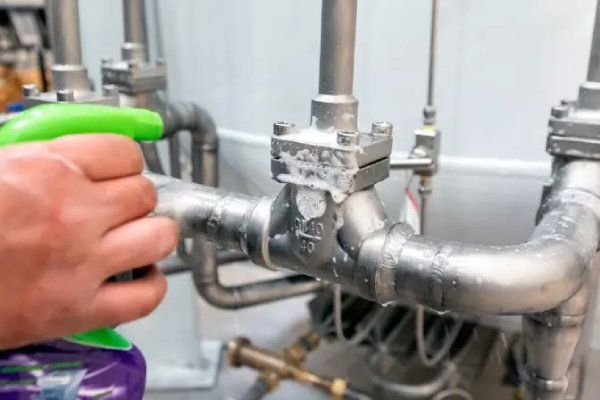
5. Use a gas leak detector.
Of course, a gas leak detector serves the very purpose of detecting a gas leak. Various types of gas leak detectors are available in the market, and it is the easiest and most reliable way of checking for gas leakages.
A gas leak poses a danger to your health, your pets, children and elders at home (your family members), and the environment.
Despite natural gas being non-toxic, gas leakages can lead to many problems; they can lead to health risks and the potential to explode (no kidding!).
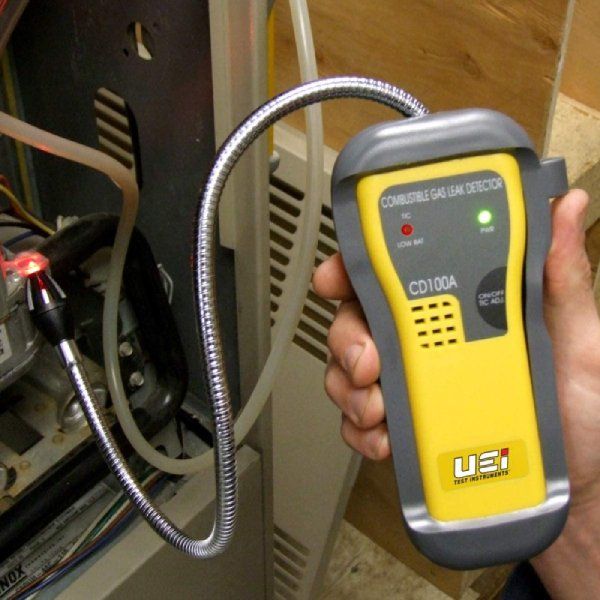
If you think you have a gas leak, immediately call a plumber with a gas fitting license and expertise.
Mains Plumbers can rush to your site to fix your gas leak asap if you’re within the Dunedin area. You are more than welcome to call us anytime as we operate 24/7. Feel free to call our hotline at: 03-488-6000


